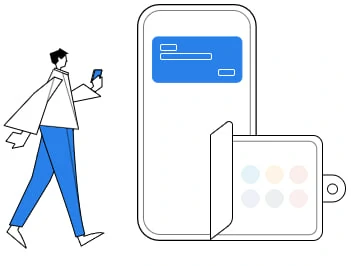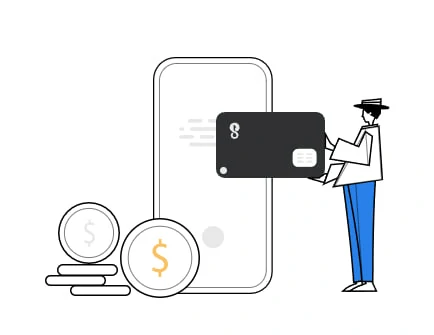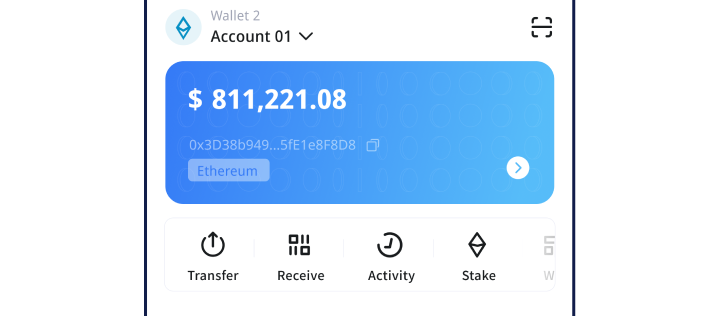# How to Import Token on Trust Wallet: A Comprehensive Guide
Trust Wallet is a popular multi-currency wallet that allows users to manage various cryptocurrencies and tokens seamlessly. One of the key features of Trust Wallet is its ability to import tokens that may not be available on the main wallet interface. This article will provide a detailed guide on how to import tokens into Trust Wallet, discussing the underlying concepts, steps involved, and valuable tips to enhance users’ experiences.
## Understanding Trust Wallet and Its Capabilities
### What is Trust Wallet?
Trust Wallet is a decentralized mobile wallet for cryptocurrency users. Founded in 2017 and later acquired by Binance, Trust Wallet allows users to store a vast array of cryptocurrencies securely. The wallet provides full control over private keys and offers features such as in-app trading, decentralized finance (DeFi) interfaces, and a blockchain explorer. Its user-friendly interface and non-custodial nature make it an attractive option for both novice and experienced cryptocurrency users.
### The Importance of Tokens in the Cryptocurrency Ecosystem
Tokens represent units of value issued on a blockchain, often utilized within specific applications or ecosystems. Unlike cryptocurrencies such as Bitcoin or Ethereum, which operate on their own blockchains, tokens typically exist on top of existing networks (e.g., ERC-20 tokens are built on Ethereum). As the number of tokens continues to grow, users may find that certain tokens are not automatically displayed in their wallet interfaces. Understanding how to import these tokens is crucial for effective asset management.
## The Process of Importing Tokens to Trust Wallet
### Step 1: Identifying the Token Contract Address
Before you can import any token into Trust Wallet, you need to identify its contract address. This address uniquely identifies the token on its respective blockchain. You can find the contract address on platforms like Etherscan for Ethereum-based tokens, BscScan for Binance Smart Chain tokens, or directly from the official website of the token project.
#### How to Verify the Contract Address
Given the potential for scams or counterfeit tokens, always ensure you’re using the correct contract address. Double-checking sources, such as the official project website, GitHub, or recognized crypto communities, can provide assurance that the contract address is valid and trustworthy.
### Step 2: Opening Trust Wallet
Start by launching the Trust Wallet application on your mobile device. If you haven’t installed the application yet, it’s available for both iOS and Android platforms. Once you open the app, make sure you have securely backed up your wallet recovery phrase as it is essential for accessing your assets in case of an emergency.
### Step 3: Accessing the “Add Token” Feature
After opening the app, navigate to the main wallet screen. Look for the “Add Tokens” section typically located in the top right corner or as a “+” icon. Tapping on this will lead you to a list of currently supported tokens and an option to import custom tokens.
### Step 4: Importing the Token
Once you are in the “Add Tokens” section, scroll down until you see the “Add Custom Token” option. Tap on this, and you will be prompted to enter the token’s contract address, name, symbol, and decimal precision.
#### Contract Address, Name, and Symbol
– **Contract Address**: Paste the contract address you previously copied.
– **Token Name**: Usually, the wallet will auto-fill this based on the contract address, but if it doesn’t, you can enter it manually.

– **Token Symbol**: Similar to the token name, this might auto-populate but can be entered manually if needed.
– **Decimals**: Most tokens will have a default of 18 decimals, but you can adjust this if required.
### Step 5: Finalizing the Importation
After entering all necessary details, confirm the information is accurate. Tap “Done” to complete the import process. If everything checks out, the token will now appear in your wallet.
## Important Considerations When Importing Tokens
### Security Considerations
While Trust Wallet is designed to be secure, users must remain vigilant when importing tokens. Always use trusted sources for contract addresses and never share your private keys or recovery phrases. Phishing scams are rampant in the cryptocurrency space. Therefore, safeguarding your wallet is paramount.
### Token Availability and Compatibility
Some tokens might not be fully compatible with Trust Wallet, leading to complications when trying to send, receive, or swap tokens. Always conduct thorough research on the token’s compatibility with Trust Wallet before proceeding.

### Up-to-date Information
Token details can change over time. Some projects may undergo upgrades, resulting in changes to contract addresses or token standards. Staying informed about the tokens you hold can prevent issues in the future.
## Troubleshooting Common Issues
### Token Not Showing Up
If you’ve imported a token but it’s not visible in your wallet, consider refreshing the wallet or restarting the app. Additionally, ensure that you are on the correct network (Ethereum, BSC, etc.) as swapping networks can hide tokens.
### Incorrect Information
In case you entered the incorrect contract address or details, you can go back into the “Add Token” section, find the token, and update the necessary information.
### Network Fees
Remember that interacting with blockchain networks often incurs gas fees. Be sure you have enough native tokens (like ETH for Ethereum transactions) to cover any potential fees.
## The Future of Token Management
### Evolving Landscape of Cryptocurrency
As the cryptocurrency space continues to evolve, Trust Wallet is expected to keep adapting to new trends and technologies. Users should benefit from enhancements to user experience, security features, and the ability to import and manage a wider range of tokens seamlessly.
### Decentralized Finance (DeFi) Integration
The growing adoption of DeFi projects means that users will likely interact with more tokens than ever before. Trust Wallet’s integration with DeFi protocols and decentralized exchanges (DEXs) further streamlines the process and expands opportunities for acquiring new tokens.
### Community Involvement
Trust Wallet has a thriving community of developers, investors, and users. Engaging with community forums and social media platforms can provide valuable insights into new tokens and best practices for importing and managing them.
## Conclusion
Importing tokens on Trust Wallet is a straightforward process that empowers users to manage their unique cryptocurrency portfolios. By understanding the steps involved and adhering to best practices, users can confidently navigate the Trust Wallet environment. Going forward, the potential for even more innovative token management options makes Trust Wallet a compelling choice in the cryptocurrency space. Whether you’re a seasoned investor or new to the world of crypto, mastering the art of token importation on Trust Wallet is an essential skill that can enhance your overall experience in managing digital assets.






